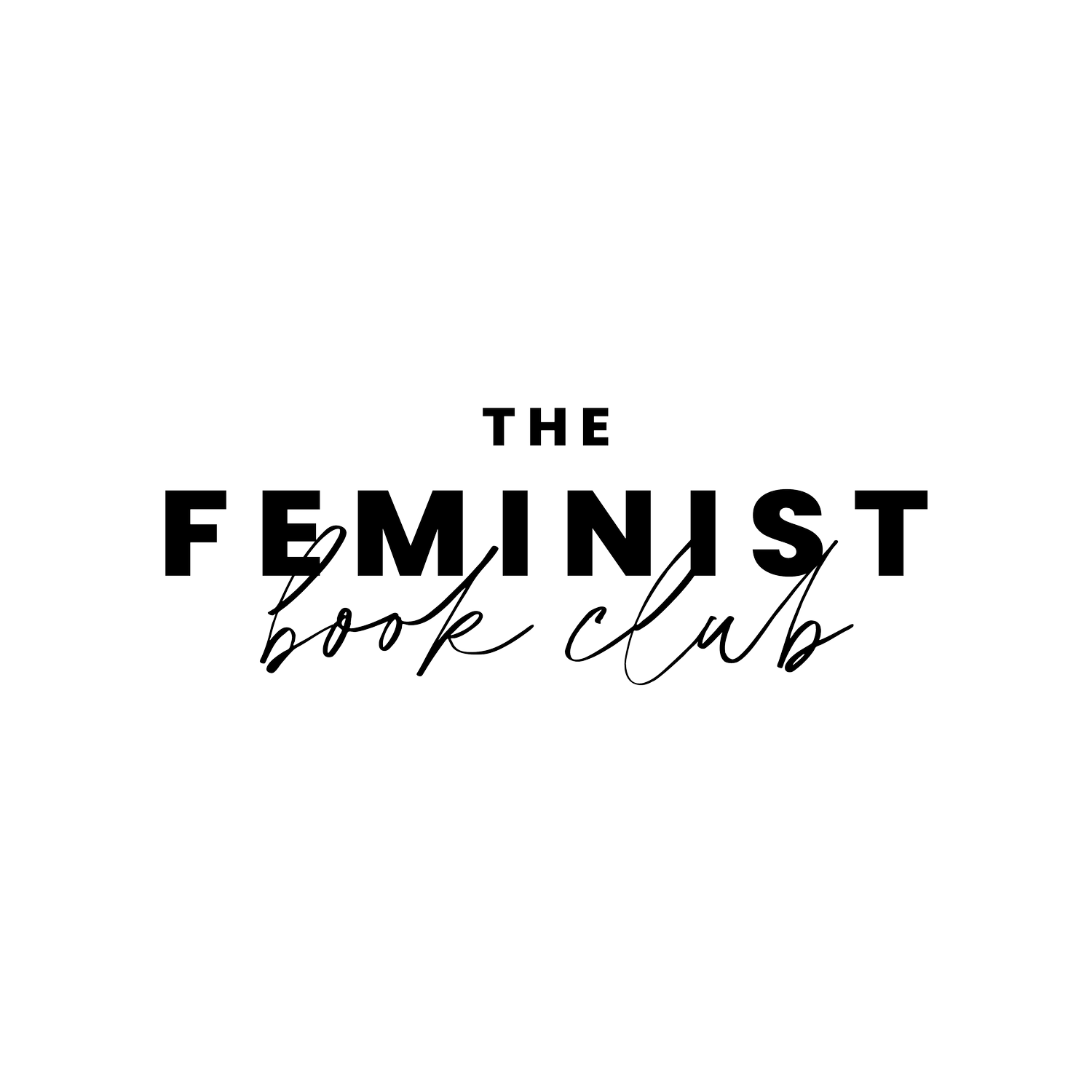An interview with Joanna Scutts, author of ‘Firebrands: 25 Pioneering Women Writers to Ignite Your Reading Life’
For our most recent author interview, Guildford Feminist Book Club Lead Chantelle spoke with Joanna Scutts, author of Firebrands: 25 Pioneering Women Writers to Ignite Your Reading Life.
Take a read through Chantelle’s five questions to Joanna, have a read of her recent release, and let us know your thoughts on socials @thefeministbookclub.
Q: Reading these essays, hearing the stories of women’s erasure across history, we found ourselves getting very cross! How did you manage to conduct your research and contain your own frustration or ager throughout the process?
A: Great question! It was helpful to think of these essays as bringing a measure of justice to these writers, by introducing their stories to new readers and celebrating their amazing work.
A writer’s reputation, and a literary canon, are not fixed things: we can all do our part to make sure that the books we’re reading, sharing, and teaching reflect the vast range of human experience, not just the preoccupations and prejudices of the powerful. So that sense of mission was a comfort.
But certainly, some individual stories were hard to write and research - it was horrifying to see how often children were used as weapons against writer-mothers, forcing them to make a choice, your art or your child. It’s incredible to me that they could carry on, and that we have their words today.
Q: How has your understanding of feminism evolved through your research on these incredible women?
A: I think some combination of education, upbringing, and bloody-mindedness, with a huge dose of luck - it just never really occurred to me that I couldn’t or wouldn’t have the same opportunities in life as my brother.
I’m definitely far more vocal and radical now, having studied the history of feminism (and witnessed the rise of right-wing misogyny and hate, both on and offline) and coming to believe that it has to be a collective, not an individual fight.
Nobody wins if just one person, or type of person wins. It’s why I wanted to be sure to make space in the book for gender-nonconforming and nonbinary figures, like the incredible poet-lawyer-priest Pauli Murray, to underscore that feminism isn’t about biology, but power.
Q: While your research focuses on pioneering women, did you come across any male supporters or allies in history, such as fathers, brothers, or husbands educating daughters or advocating for their rights?
A: Absolutely - for many of the earlier figures, it’s mainly thanks to an unusual, free-thinking father (with some level of wealth) that these women were able to get any kind of education at all - Murasaki Shikibu’s, in 10th-century Kyoto, and Christine de Pizan’s, in 14th-century France, are good examples.
And brothers, especially older ones, could be good allies too, or they could be fierce rivals - Fanny Fern’s story involves one of each.
Husbands, it’s a bit trickier - sometimes the best thing they could do was to die young!
Olympe de Gouges, who fled a provincial life as a butcher’s wife, would be the first to tell you that widowhood was a source of liberation. But there were definitely some strong partnerships and staunch allies: Lucille Clifton, the last profile in the book, had a close, enriching relationship (and six children) with her husband Fred, an advocate for racial justice.
So there were many men who were champions and supporters, but nevertheless these women all had to fight - first to do the work, and then to have it recognised out in the world.
Q: If you could go back to any of the time periods or specific moments mentioned in Firebrands and be a fly on the wall, which story would you choose, and why?
A: I think it’s hard to beat Left Bank Paris in the 20s and 30s, to watch Kay Boyle and Mina Loy in the midst of their artistic revolutions; but it would also be pretty fun to go back to Restoration-era London and watch Aphra Behn’s plays bring the house down.
Q. Many of the women you write about in Firebrands challenged societal expectations at great personal cost. Which of their stories resonates with you the most on a personal level?
A: I’m in awe of what so many of these women had to overcome in order to live a creative life, but personally I think I’m drawn to those who seemed to find a way to truly enjoy their lives amid the struggles. Women who wrote about family life, love, beauty and joy even through personal tragedy, and who kept going and reinventing themselves throughout their lives - so Lucille Clifton, Alice Dunbar-Nelson, and Mary Heaton Vorse are particular favorites. I can’t pick just one!
About the author:
Joanna Scutts is a literary critic, cultural historian, and the author of Hotbed: Bohemian Greenwich Village and the Secret Club that Sparked Modern Feminism (Seal Press/Hachette USA and Duckworth Books UK, 2022) and The Extra Woman: How Marjorie Hillis Led a Generation of Women to Live Alone and Like It (Liveright/W.W. Norton, 2017.) Her new book Firebrands: 25 Pioneering Women Writers to Ignite Your Reading Life is coming September 2024.


